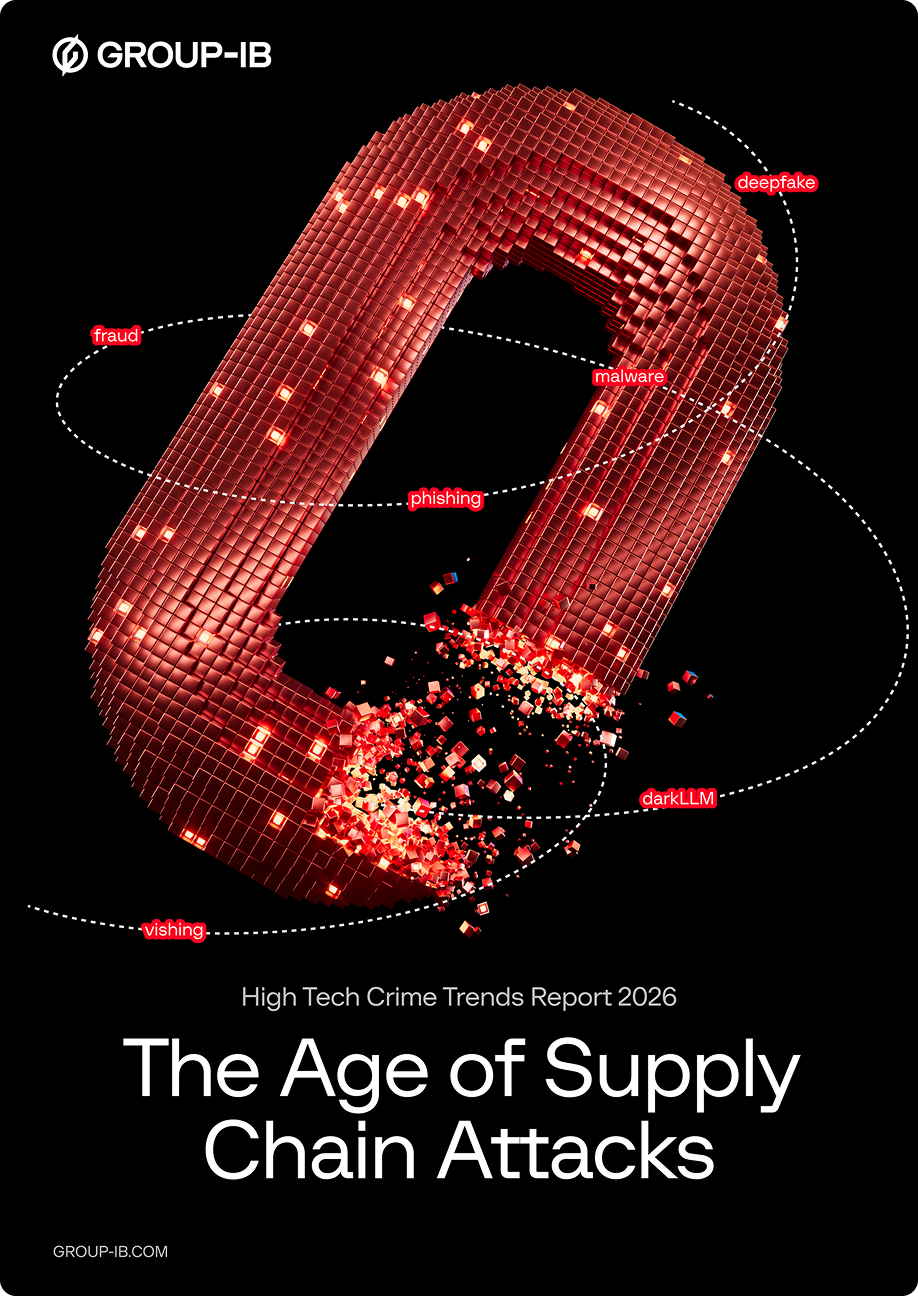What is iGaming Affiliate Fraud?
iGaming affiliate fraud is the deliberate misuse of affiliate partnerships within the online gambling ecosystem to generate commissions through dishonest or manipulative tactics. It exploits the trust-based structure of affiliate marketing, where platforms pay affiliates for driving traffic, signups, or deposits by faking or inflating those results.
It involves third parties promoting online gambling resources and services through various marketing channels in exchange for commissions. Affiliate marketing allows even small companies to launch outsourced but high-quality promotional campaigns.
Fraudsters may use a variety of techniques, such as:
- Fake clicks or registrations, often generated by bots or click farms.
- Stolen user data to simulate genuine signups or first-time deposits.
- Cookie stuffing, where multiple affiliate IDs are injected into a user’s browser without their knowledge.
How to Know if an Affiliate Program is Legitimate?
Here’s a practical breakdown to help you vet whether an affiliate program is actually legitimate or just a fast track to lost time, traffic, or worse, fraud charges.
Signs an affiliate program is legit
1. Transparent Ownership & Terms
Look for a clear “About” page, company registration info, and named contacts. If all you find is a Gmail address and a landing page with zero legal details, walk away.
Bonus tip: Google their business name + “scam” or “reviews” to see what pops up. (Try: “[ProgramName] scam site:reddit.com” for real user feedback.)
2. Clear Commission Structure
Legit programs outline how and when you get paid (CPS, CPA, rev share, hybrid models).
Check for:
- Payment thresholds and frequency (weekly, monthly).
- Supported payout methods (bank transfer, PayPal, crypto?).
- Cookie tracking duration (e.g., 30–90 days).
Red flag: If the commission model feels vague or too generous without logic (e.g., 100% commissions “forever”), it’s probably bait.
3. No Upfront Fees
A legitimate affiliate program will not ask you to pay to join. That’s MLM territory or worse. Red flag: “Buy our premium starter pack” to access high-tier commissions.
4. Reputable Platform or Software
Legit programs often use well-known affiliate software like:
- HasOffers / Tune
- Impact.com
- PartnerStack
- CJ Affiliate
Red flag: Custom dashboards with broken links, zero support, or sketchy login processes.
5. Real Testimonials and Publisher Case Studies
Look for brands, influencers, or bloggers who’ve used the program and posted transparent earnings stories (not just staged quotes).
Reach out to one of those affiliates directly and ask about their experience. Real affiliates don’t mind sharing horror stories.
6. Fraud Prevention and Compliance
A trustworthy program will talk openly about fraud controls, cookie stuffing detection, bot traffic filtering, and disqualification rules. If they don’t care about fraud, they either are the fraud or you’re their next fall guy.
Common Affiliate Program Scams
- Frozen accounts after you earn. You generate revenue, they suspend your account citing vague TOS violations. Classic bait-and-switch.
- Shady product offers. You unknowingly promote fake weight loss pills, malware-laced VPNs, or pirated software. That’s not affiliate marketing, it’s cybercrime with a login.
- Ghost tracking. Your referred sales aren’t credited to you. If they don’t show clicks, conversions, or real-time analytics, you’re being ghosted.
Examples of Legitimate Programs
| Industry | Affiliate Program | Why It’s Trusted |
| iGaming | Bet365 Affiliates | Established brand, multi-year credibility, strict compliance. |
| SaaS | NordVPN Affiliates | High payouts, real tracking, real product. |
| E-commerce | Amazon Associates | Reliable, albeit low commission. |
Common Affiliate Fraud Tactics in Online Gambling
iGaming affiliate fraud can take various forms depending on the payment model in place. Malicious affiliates often exploit pay-per-click (PPC) advertising to drive traffic to websites without user consent. They employ tactics such as using malicious browser extensions or concealing pop-under ads within website elements. In more sophisticated schemes, bots are used to register accounts, deposit funds, and exploit bonuses.
Other times, affiliates abuse the cost-per-lead (CPL) model by using bots to generate fake leads and trigger rewards. The revenue-share model, where a portion of revenue is shared with players, can also lead to player collusion. This collaboration among high-value players to place large, high-risk bets against a casino can significantly damage businesses.
While partnerships with affiliates are essential in the iGaming business, especially in the case of pay-per-lead and cost-per-acquisition models, they come with inherent risks. The process of vetting each affiliate and conducting due diligence can be challenging given the dynamic iGaming business. Unknown entities are involved, which creates a higher risk of working with fraudsters who will then exploit the situation.
Affiliates know how to trigger rewards, which makes it easier for them to engage in affiliate fraud and marketing scams. By being extra careful when working with affiliates, you can mitigate the risks and ensure your partnerships are genuine and mutually beneficial.
Types of iGaming Affiliate Fraud
iGaming fraud is a full-blown operational risk. While surface-level cheating may look simple, the schemes behind it are often methodical and deliberate, designed to exploit platform loopholes, analytics blind spots, and even human moderation.
Below are some of the most prevalent types of iGaming business fraud.
1. Multi-Accounting
A single fraudster opens multiple accounts, sometimes manually, sometimes using automation or bots to gain unfair advantages. These accounts may use fake identities, burner devices, and proxy networks to evade detection.
Why it’s dangerous:
- Promotions Exploited. Sign-up bonuses, free bets, and loyalty rewards are quickly drained by fake personas.
- Game Integrity Corrupted. In skill-based games like poker, multiple accounts can be used to collude or soft-play against each other.
In 2023, an online poker platform shut down over 1,500 accounts involved in collusion and multi-accounting, causing a ripple effect across other operator ecosystems.
Correlate behavioral biometrics, device fingerprinting, and session IP patterns across accounts to flag suspicious clusters.
2. Gnoming: The ‘Social Engineer’ of Bonus Abuse
Gnoming is a refined version of multi-accounting. Fraudsters create accounts under different names, sometimes borrowing identities from friends, relatives, or made-up personas to appear like a genuine player base.
How it’s used:
- Betting Manipulation. In sports betting, gnoming enables hedging across different accounts to reduce risk or engineer arbitrage.
- Loyalty Farming. Users can milk long-term bonus or cashback schemes across these fake identities.
A gnoming ring in Eastern Europe used public Wi-Fi locations and aged accounts to siphon thousands in bonuses across multiple sportsbooks, evading conventional fraud rules for months.
3. Bonus Abuse
Bonus abuse involves players exploiting welcome offers, referral bonuses, and reload promotions in ways the platform didn’t intend, often legally grey, but operationally harmful.
Techniques include:
- Registering with different emails, IPs, or devices.
- Using VPNs to pose as new users from targeted geographies.
- Coordinating in forums or Discord groups to identify exploitable promo terms.
Consequences:
- Skews campaign analytics: A marketing campaign may look wildly successful, but the “users” are often fake.
- Increases CAC (customer acquisition cost) while lowering LTV (lifetime value).
- Undermines genuine player trust when promotions are pulled or nerfed due to abuse.
Case in point: In 2022, a UK-based operator lost £50,000+ in a single campaign when fraud rings shared refer-a-friend codes in Telegram channels and cycled funds through prepaid cards.
How to Stop iGaming Affiliate Fraud With Group-IB Fraud Protection?
Online gambling affiliate fraud can be prevented with the following risk management steps:
1. Use Advanced Device Fingerprinting
Effective affiliate fraud prevention in the iGaming industry relies on an in-depth understanding of players and how they behave. For operators who automatically onboard users, it is essential to enhance data as soon as they engage with your digital platforms. A valuable tool for gathering intelligence in this regard is device fingerprinting.
Group-IB Fraud Protection uses device fingerprinting to analyze user software and hardware configurations and create unique user IDs. Such IDs offer a comprehensive view of users, even if they attempt to hide their identity by clearing the cache, changing browsers, using incognito mode, or using emulators and spoofing tools commonly associated with bot activity.
By providing answers to critical questions, digital fingerprinting solutions can effectively red-flag suspicious behavior:
- Is it human activity or bot activity?
- Has the user been flagged in the past by your company or another organization in the same industry?
- Does the user switch devices abnormally often?
- Is the user using suspicious software?
- Are antidetect browsers being used?
This information can then be added to player profiles for comparison purposes and cross-checked with other profiles to detect multi-accounting, which is a key indicator of fraudulent activity.
2. Analyze User Behavior
While device fingerprinting and data enrichment reveal who a user might be, analyzing how they behave is crucial for uncovering fraud. Risk scoring based on behavior like using free email domains or VPNs adds depth to detection.
Velocity rules are especially useful. These track rapid actions such as multiple logins per minute or unusually fast form submissions, often linked to bots or abuse.
Group-IB Fraud Protection enhances this process with machine learning. It analyzes both historical and real-time user data, and it can suggest smart rules to flag suspicious behavior early.
This adds a covert security layer that can help to identify potential fraudsters before they even deposit funds or abandon their accounts. Companies can then automatically reject fraudulent sign-up attempts (even with minimal user information) to meet KYC requirements.
3. Monitor the Withdrawal Process
One of the challenges iGaming operators face is dealing with affiliates who bring a mix of good and bad traffic, which makes it difficult to detect potential affiliate marketing fraud. While it is important for companies to attract as many players as possible, it is equally important to prevent bad actors from exploiting the system.
How Can Group-IB Help?
Affiliate fraud and abuse in the iGaming world can quietly drain profits and erode player trust, especially when it’s powered by bots, fake registrations, or cleverly masked bonus abuse. While many operators have internal risk teams, sophisticated attacks often slip through conventional defenses.
That’s where Group-IB Fraud Protection steps in: it acts as a precision toolset to strengthen your existing security strategy, detect fraudulent patterns in real time, and tailor responses to your casino’s specific operational needs.
How Group-IB helps combat iGaming fraud
- Group-IB helps operators prevent fraudulent cashouts by detecting bot-driven behaviors before chips leave the table. This protects revenue without interrupting the experience for legitimate players.
- Out-of-the-box solutions rarely fit the dynamic of iGaming. Group-IB offers a flexible, rule-based engine that adapts to your casino’s risk appetite, player behavior, and promotional structure.
- From bonus abuse and affiliate manipulation to account takeovers, payment fraud, and collusive play, Group-IB’s platform detects and correlates these threats using behavioral analytics, device fingerprinting, and real-time intelligence. It not only filters out fake leads but also helps you optimize your bonus budget and boost your revenue by focusing on high-quality traffic.
Talk to an expert today to see how we can tailor a fraud prevention strategy for your platform.
























